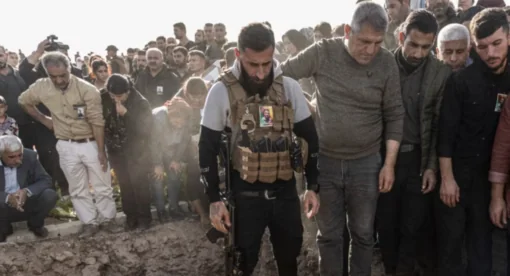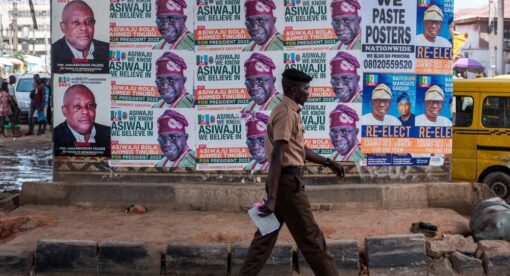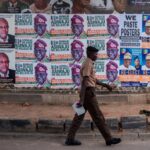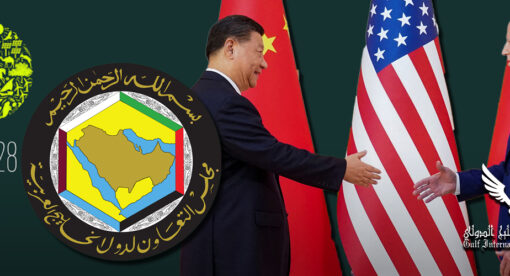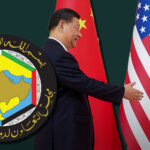Russia’s war in Ukraine has left Moscow insecure elsewhere.
As Russia continues its protracted war in Ukraine and China eyes Taiwan, other tensions rise in the spaces between the two superpowers. The South Caucasus and Central Asia are witnessing concerning security risks as well as unprecedented diplomatic developments, most recently in the long-disputed territory of Nagorno-Karabakh.
In the Caucasus, Azerbaijan’s months-long blockade of a critical supply route for the isolated Nagorno-Karabakh is a source of further clashes between two bitterly opposed nations. Azerbaijani forces launched on Sept. 19 what Baku calls an “anti-terror operation” in the region. Amid Soviet collapse, Azerbaijan and Armenia fought a war over the territory from 1988 to 1994, ending in Armenian victory and the creation of a breakaway republic in Nagorno-Karabakh, recognized by almost nobody except Yerevan. Azerbaijan revenged itself in November 2020, when a brief conflict enabled them to regain some territory it had previously lost in and around Nagorno Karabakh. Since then, the two countries have not been able to come to terms on the implementation of the Russian-mediated agreement that followed the conflict.
Azerbaijan’s primary aim has been to use its military victory in 2020 to facilitate regional economic development and connectivity, namely by securing road and rail access to its Nakhchivan exclave and beyond to Turkey. This requires transit of Armenian territory, and negotiations between Baku and Yerevan over this and related political issues. such as security guarantees for this access, have experienced ups and downs without a concrete resolution. Even when some humanitarian supplies were allowed into Nagorno Karabakh on Sept. 18, this was a limited measure which has yet to resolve the underlying crisis.
Read the full article in Foreign Policy.


